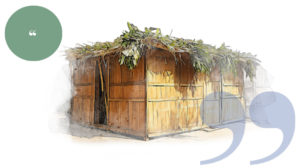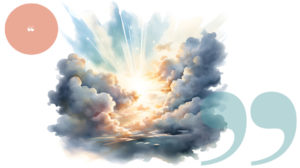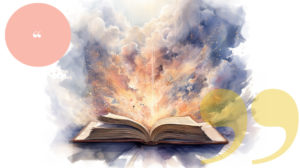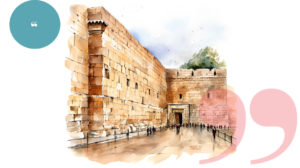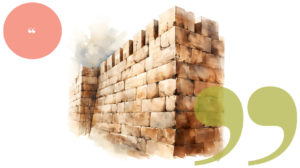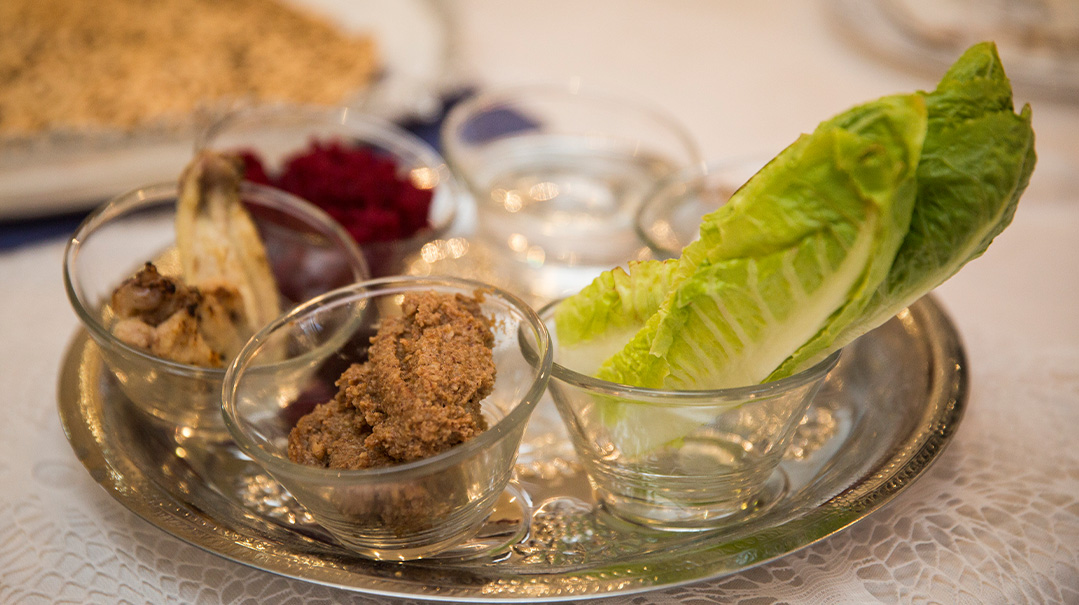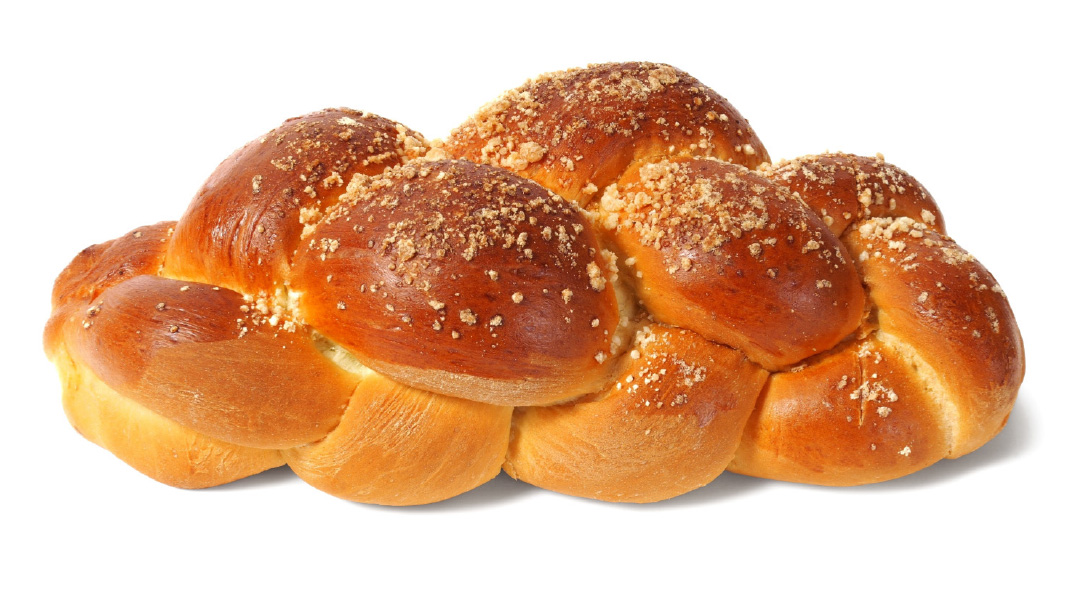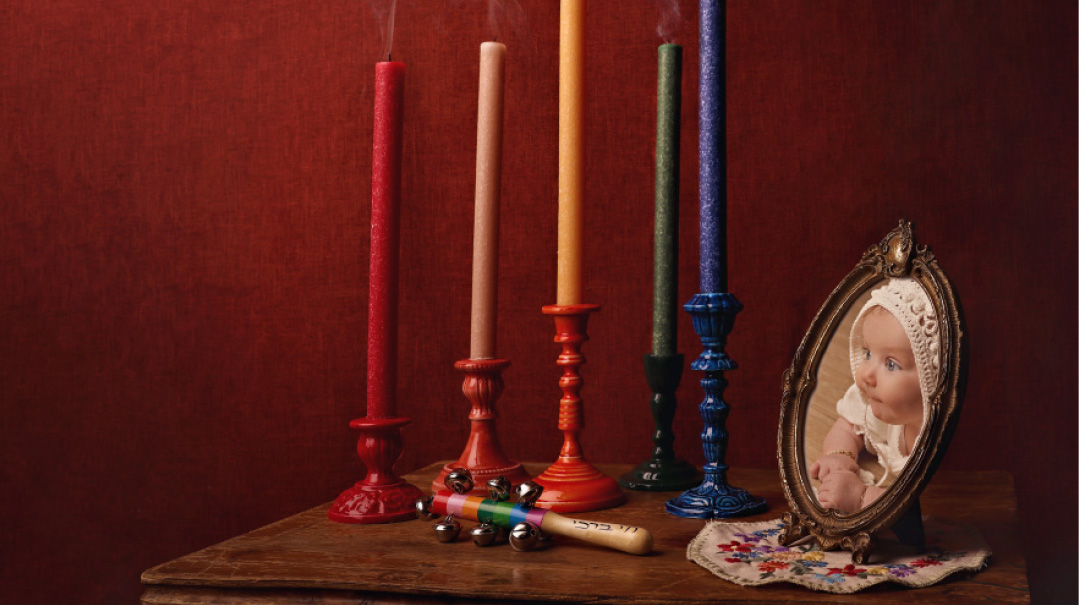Camp Memories


I was nearly ten years old, and some of my friends were signed up for sleepaway camp. To my limited knowledge, there was only one religious camp that we Chicago kids could attend: Camp Moshava. But my parents never sent me.
Was it the expense? We were four children and my mother stayed at home to raise us, like most mothers did back then. My father, a highly regarded talmid chacham from Lithuania, struggled valiantly with the new language and with his rabbinic position in the small Orthodox shul, “Bnei Israel,” on the corner of Kedzie and Lawrence.
As I child, I never realized that we lived on a meager budget and that after basic living expenses and high tuition, there wasn’t much left for extras. Perhaps they didn’t send me to camp because they couldn’t understand why a young girl should leave the protection and comfort of her family and home to “have fun” for three weeks.
Of course, I didn’t argue. They had decided.
We spoke about camp only once, during Shabbos lunch, between bites of homemade gefilte fish and pungent, scarlet chrein. It was only the middle of May, but the Chicago heat was already stifling. The crimson-colored brocade drapes had retreated, listless, to their corners, and the wide, wooden-framed windows stood openmouthed, gasping for air, but no breeze arrived to relieve us before the momentous entrance of my mother’s steaming chicken cholent.
After my father made a l’chayim, he tenderly turned to me and asked what they do in camp for three weeks. I was stumped. I didn’t have a clue.
Over the cholent he reminisced about the camp that he knew, back in the Old Country, before he came to America. There, he told us, he sometimes ran barefoot in the long grass — even in the snow!
He wistfully recalled how he and his friends would arise before dawn and go on long walks early in the morning while singing the Pesukei D’zimra together. How I envied the camaraderie he described. I imagined my own toes immersed in the cool white softness.
Seated regally at the head of the table, Daddy leaned forward and revealed to us how mischievous they had been. One friend crawled under a fence into a cultivated patch of land and stole a watermelon — a tantalizing dessert for their Shabbos meal. All that day they anticipated their mouthwatering, ruby-red treat. But when they opened it under the cover of night, they discovered that it was barely a faded pink color and suitable only for animal fodder. Lest their prank be discovered, they ate it anyway, and hid the rind. Their escapade went unnoticed, he said with a rueful grin, but the stomachaches they suffered were punishment enough.
My mother served dessert, apple-and-plum compote, as my father recounted more adventures, proudly and with a twinkle in his eye. I, too, wanted to sit in a starless field at night with my friends, roasting potatoes over a fire. He mused about a special scarlet berry they used to pick from the trees, a berry so delicious that he could savor its taste even now. He smiled contentedly at his having outwitted the politruk, a Russian word I naively assumed meant “camp counselor.”
Was I the only avid listener at the table? I glanced to my side. Did my sisters realize that our father was talking about Russian work camps where he was imprisoned, and not about a summer camp in Wisconsin? My American-born mother certainly knew. But no one ever discussed with us the destruction of Eastern European Jewry — even though it took place less than two decades before our childhoods and involved our closest relatives.
My father had survived. He privately mourned the loss of his entire family, and his own promising and fulfilling future. Yet, he was able to count his blessings. He delighted in Shabbos, laughed with his children, and immersed himself in learning and teaching Torah. He had been able to perceive and take possession of the sparks of light that glimmered even in those starless nights.
I never did end up going to any sleepaway camp, although most of my friends did. I stayed home and imbibed the legacy of my father, who chose to emphasize the beneficence he was granted, despite his grievous losses. Who chose to remember the words of praise they sang, while running barefoot in the snow.
(Originally featured in Family First, Issue 452)
Oops! We could not locate your form.
